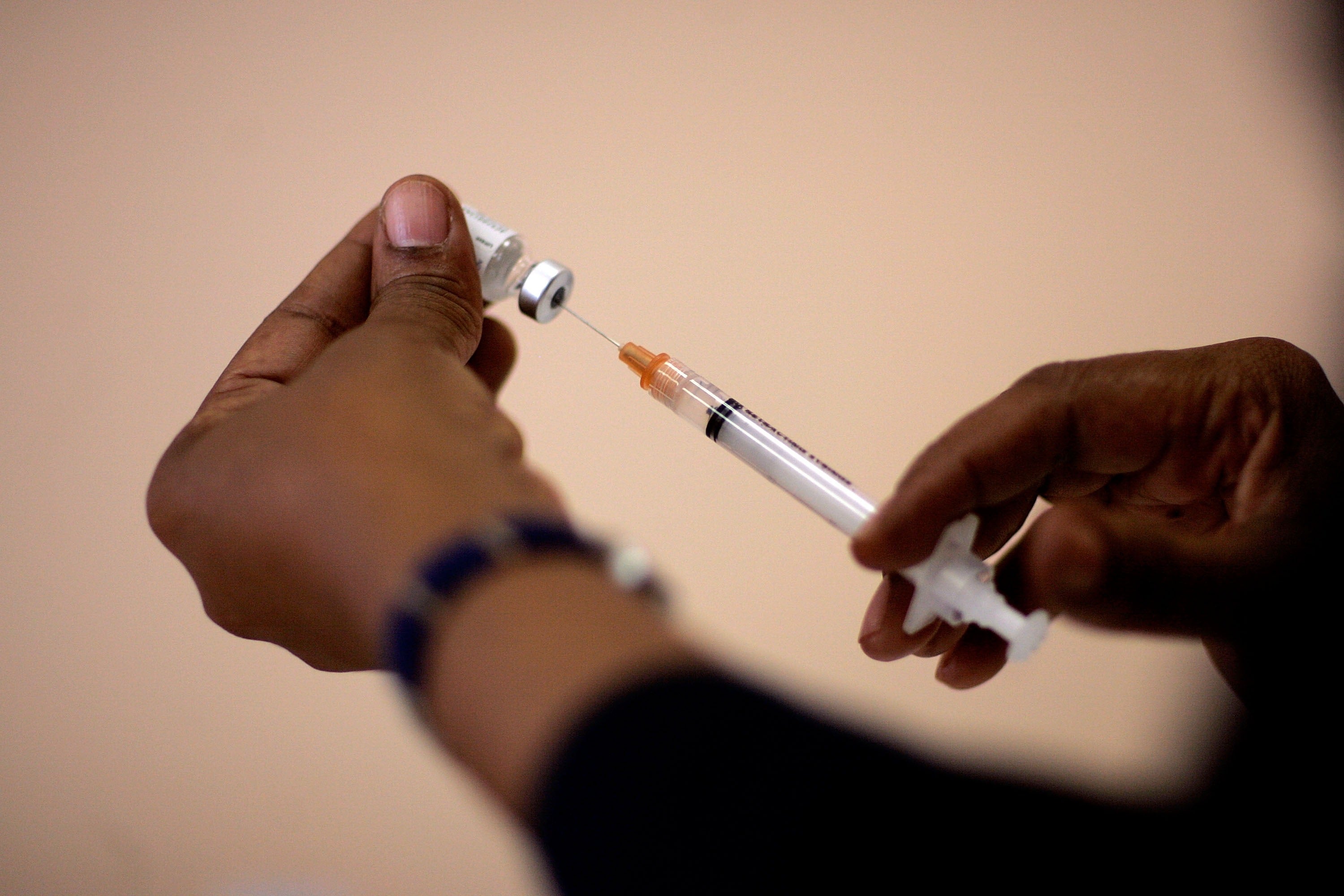Oxford AstraZeneca Covid jab technology used to develop vaccine that could help treat cancer
First human clinical trial will take place later this year

The technology that created the Oxford-AstraZeneca vaccine is being used to develop a jab that could help treat cancer.
Scientists from the University of Oxford and the Ludwig Institute for Cancer Research have developed a two-dose vaccine which they believe can target tumours in humans.
When tested on mice, the jab increased the levels of anti-tumour CD8+T cells which attack the growths, greater reducing its size and increasing survival rates.
It also resulted in an enhanced response to anti-PD-1 immunotherapy - turning a person’s own immune system against a tumour - which is often ineffective as some patients have low levels of the T-cells required.
The team created the cancer vaccine with two different prime and boost viral vectors, one of which was used in the development of the Covid jab.
To ensure the new vaccine targeted cancer cells specifically, it was designed to seek out too MAGE-type proteins that are present on the surface of the cells.
The first human clinical trial will take place later this year, with the jab being trialled on 80 patients with non-small cell lung cancer.
Benoit Van den Eynde, of the Ludwig Institute for Cancer Research, said: “We knew from our previous research that MAGE-type proteins act like red flags on the surface of cancer cells to attract immune cells that destroy tumours.
“MAGE proteins have an advantage over other cancer antigens as vaccine targets since they are present on a wide range of tumour types. This broadens the potential benefit of this approach to people with many different types of cancer.
“Importantly for target specificity, MAGE-type antigens are not present on the surface of normal tissues, which reduces the risk of side-effects caused by the immune system attacking healthy cells.”
Join our commenting forum
Join thought-provoking conversations, follow other Independent readers and see their replies
Comments
Bookmark popover
Removed from bookmarks